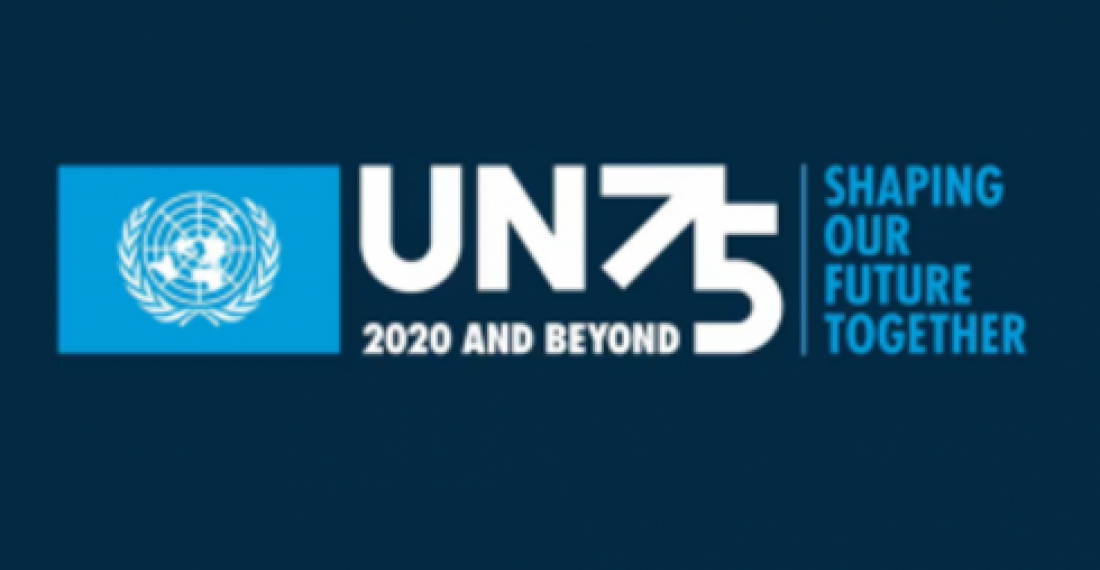European leaders have renewed their commitment to multilateralism in messages to the General Assembly of the United Nations on Monday (21 September). The occasion also marked the 75th anniversary of the establishment of the United Nations.
Speaking at the largely virtual event, German Chancellor Angela Merkel called for reforms to the organization and for greater unity between its members.
"In the end, the United Nations can only be as good as its members are united," Merkel said in a video message delivered Monday evening at a ceremony marking the anniversary.
"Too often the UN Security Council is blocked when clear decisions are needed," the chancellor said, referring to the branch of the UN tasked with ensuring international peace and security. "We need reform."
The interests of individual members regularly keep the organization from achieving its goals, Merkel said.
"But anyone who thinks he can get along better on his own is mistaken. Our well-being is shared. And so is our suffering," she said. "We are one world."
The German leader pointed to the global coronavirus pandemic as an example of a problem that crosses national borders. Such problems require "communication and cooperation" at all levels, she said.
Germany is willing to do its part to improve the organization, for example by expanding the UN Security Council, Merkel said, making reference to past suggestions for reforms to the UN's most powerful body.
French President Emmanuel Macron also delivered remarks. "Our shared house is in disorder," he said in his video address. "Its foundations are hollowed out. Its walls are sometimes cracked by the blows of those who built it."
Both Merkel's and Macron's comments seemed to be directed at US President Donald Trump and his "America first" policy.
In his own speech, UN Secretary General Antonio Guterres spoke of "a surplus of multilateral challenges and a lack of multilateral solutions."
This year the meeting of the UN General Assembly which usually sees world leaders travelling to New York to deliver their speeches, was held on line, with leaders sending video messages.
source: commonspace.eu with Deutche Welle (Cologne) and agencies






